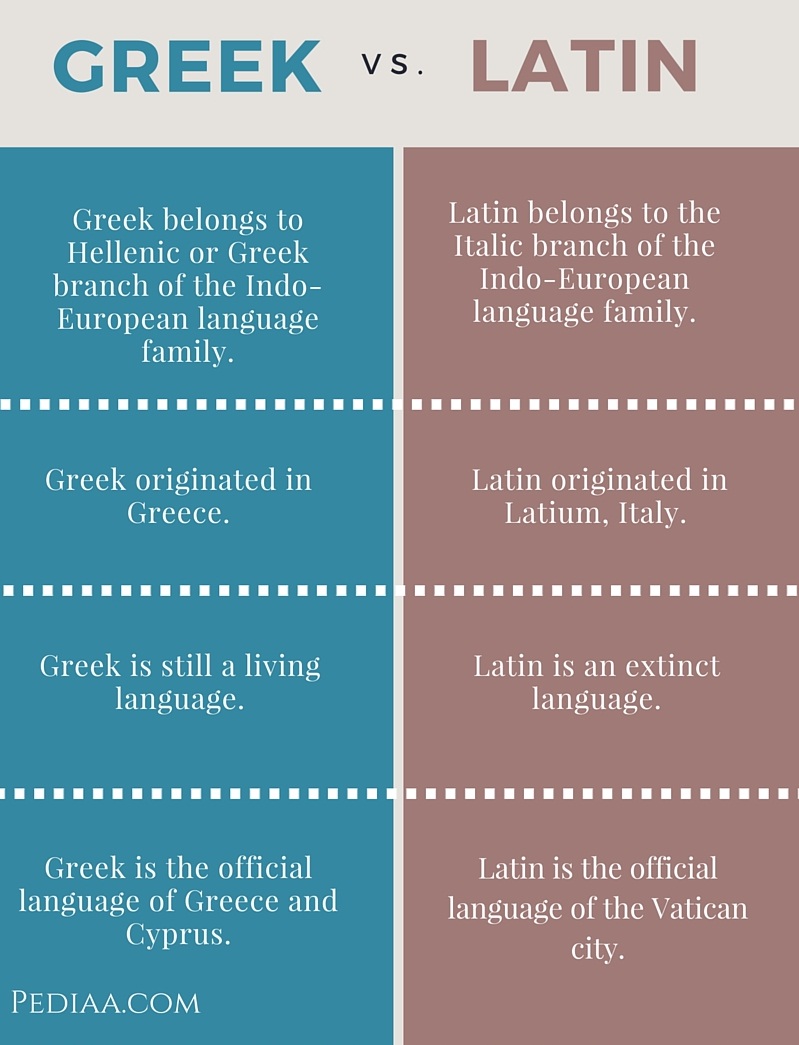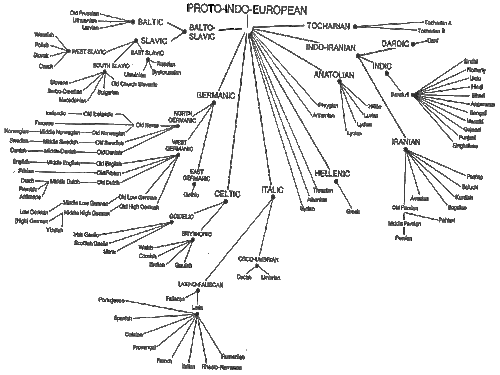Power anglo saxon orton imse harnessing gillingham quizizz
Table of Contents
Table of Contents
Latin is a language that is steeped in history, culture and tradition. Its roots can be traced back to ancient Rome - a time when Latin was the language of the empire. Today, Latin is still studied and celebrated for its beauty, complexity and influence on other languages around the world. In this post, we’ll explore the origins of Latin and why it remains such an important language today.
Pain Points of Learning Latin
Learning Latin can be a daunting task, even for those who consider themselves to be linguistically gifted. For starters, Latin uses a completely different alphabet than English, making it difficult to read and write at first. Additionally, Latin is a highly inflected language, meaning that the endings of words change depending on their function in a sentence. This can make Latin hard to understand and even harder to translate correctly. Finally, Latin has quite a few irregular verbs and nouns, which can be frustrating for students trying to master the language.
What is the Target of Learning Latin?
The target of learning Latin is to gain a deeper understanding of the language and culture that has influenced so much of the world we live in today. By studying Latin, you can gain insights into the history of Rome, the texts of ancient philosophers like Cicero and Livy, and the development of words and language itself. Additionally, learning Latin can help you improve your skills in your native language, as well as in other Romance languages like Spanish, French, and Italian.
Summary of Main Points
In this post, we’ve discussed the origins of Latin and why it remains an important language today. While learning Latin can be challenging, it’s worth the effort for the insights it can provide into history, language and culture. Additionally, studying Latin can help improve your skills in other languages and deepen your appreciation for the world around you.
The Target of Latin Language and Its Origins
For many people, Latin may seem like a language that is out of touch with the modern world. However, in reality, Latin has a rich and varied history that has had a profound impact on the development of many other languages around the world. The target of learning Latin is to gain a deeper appreciation for the language and culture that has influenced so much of the world we live in today.
My personal experience with Latin began in high school, where I took a class on the language and its literature. At first, I found the language to be incredibly challenging, with its complex grammar rules and unfamiliar vocabulary. However, as I continued to study, I began to appreciate the intricacies and nuances of Latin, and the way it could be used to convey complex ideas and concepts.
One of the most fascinating aspects of the origins of Latin is the way that it has influenced so many other languages. Latin was the official language of the Roman Empire, and as a result, it spread throughout much of Europe and beyond. Today, many languages - including Spanish, French, Italian, Portuguese, and Romanian - are descended from Latin and share many of its linguistic features.
The Role of Latin in Education and Scholarship
Latin has long played an important role in education and scholarship, particularly in the study of history, literature, and the humanities. Many of the most influential works of Western literature - including the works of Virgil, Homer, and Ovid - were originally written in Latin. Additionally, Latin has been a major influence on the development of scientific terminology, with many scientific terms being derived from Latin words.
The Beauty and Complexity of Latin
One of the things that makes Latin such a fascinating language is its beauty and complexity. Latin is a highly inflected language, which means that the endings of words change depending on their function in a sentence. This allows for a great deal of nuance and subtlety in language, as well as a wide range of poetic and rhetorical devices.
Furthermore, Latin has a rich and varied history that spans thousands of years and multiple continents. From the works of ancient philosophers and historians to the poetry and literature of the Renaissance, Latin has played a central role in many of the world’s greatest intellectual and cultural achievements.
The Future of Latin
While Latin may no longer be spoken as a living language today, its influence and importance continue to be felt in many different ways. From the study of history and literature to the development of scientific terminology and the analysis of language itself, Latin remains a vital and important part of our cultural heritage.
Question and Answer
Q: Why is Latin no longer a spoken language?
A: Latin ceased to be spoken as a living language because of the decline of the Roman Empire and the rise of other languages such as French, Spanish, and Italian that evolved from Latin.
Q: What is the difference between Classical Latin and Ecclesiastical Latin?
A: Classical Latin refers to the Latin language as it was written and spoken during the time of the Roman Republic and Empire. Ecclesiastical Latin, on the other hand, is the form of Latin used by the Catholic Church in its liturgy and official documents.
Q: What is the importance of learning Latin today?
A: Learning Latin can provide insights into the history of Rome, the texts of ancient philosophers and writers, and the development of language itself. Additionally, studying Latin can help improve your skills in your native language and other Romance languages such as Spanish, French, and Italian.
Q: Does Latin have any influence on English?
A: Yes, Latin has had a profound influence on the English language, particularly in the areas of vocabulary, grammar, and syntax. Many common English words are derived from Latin, and Latin phrases and expressions continue to be used in legal and academic contexts.
Conclusion of Origins Of Latin Language
Latin may no longer be a spoken language, but its influence and importance continue to be felt throughout the world. From the study of history and literature to the development of scientific terminology, Latin has played a critical role in shaping our understanding of the world around us. By studying Latin, we can gain insights into the past, improve our knowledge of other languages, and deepen our appreciation for the beauty and complexity of language itself.
Gallery
Ancient Latin (Language) - HistoriaRex.com

Photo Credit by: bing.com / latin ancient language inscriptions rome marble attend competition students state historiarex civilization timeline old sutori italy
The Origins Of The Latin Language

Photo Credit by: bing.com /
Difference Between Greek And Latin

Photo Credit by: bing.com / difference koine pediaa infographic languages vatican extinct
Evolution Of Latin — Origins Of Latin

Photo Credit by: bing.com / latin origins evolution originated tumblr
Latin Word For Technical | Cost Focus

Photo Credit by: bing.com / power anglo saxon orton imse harnessing gillingham quizizz






